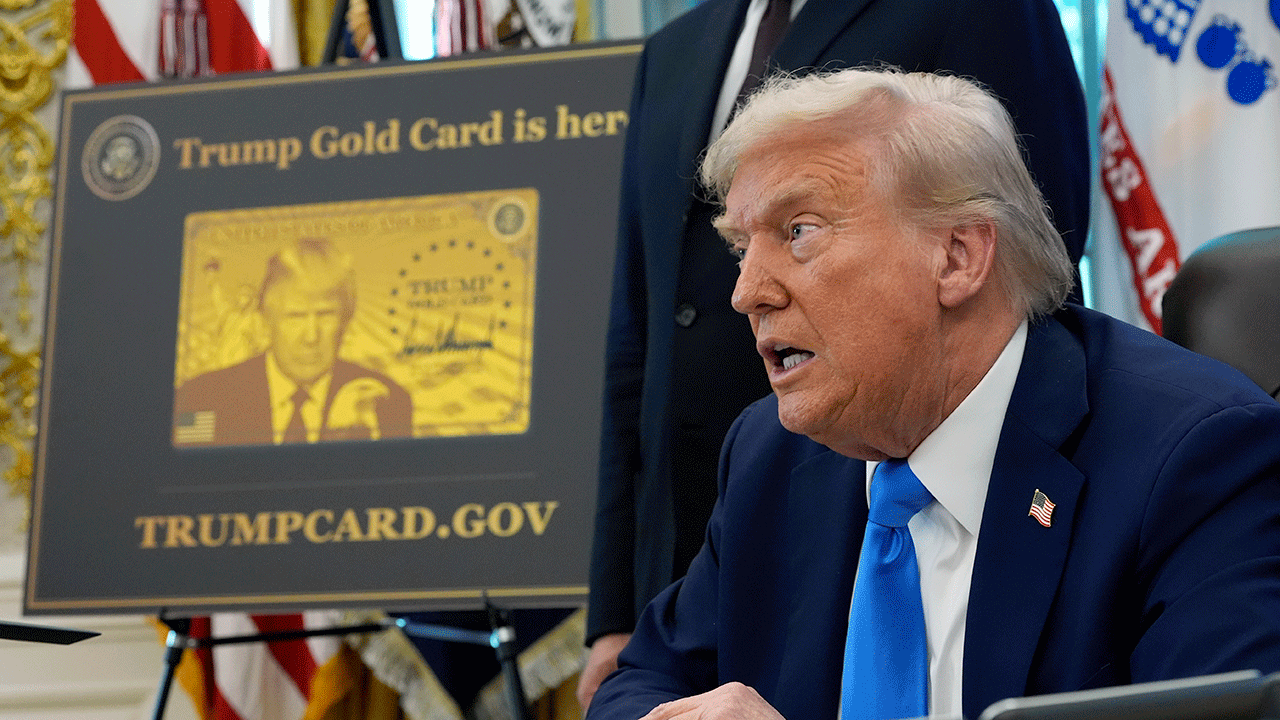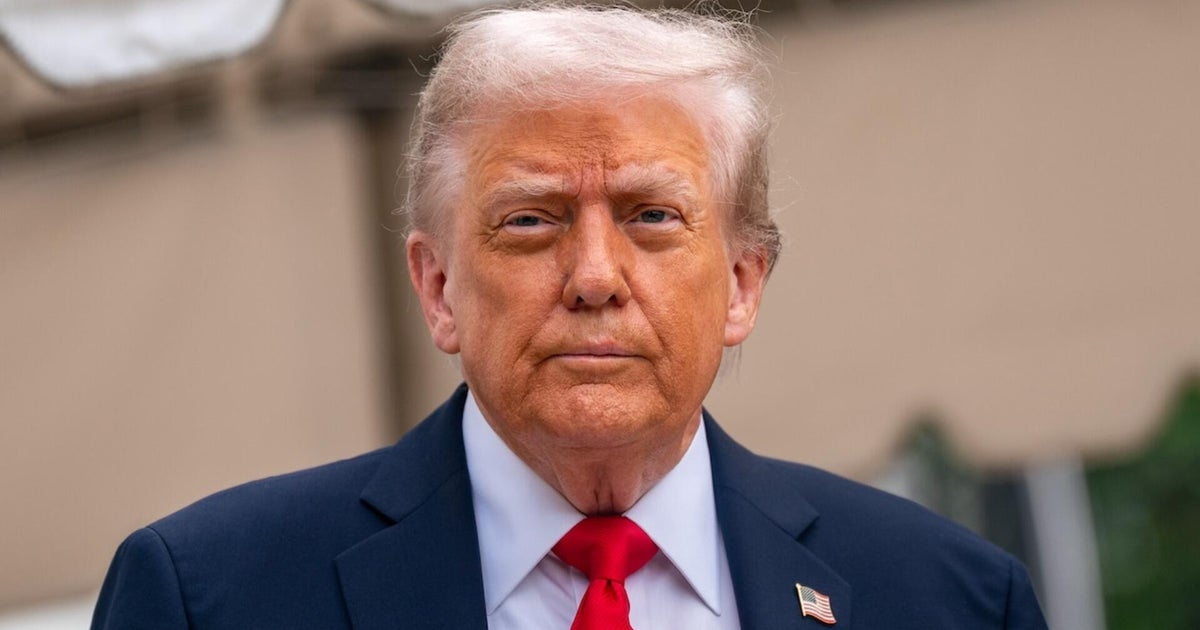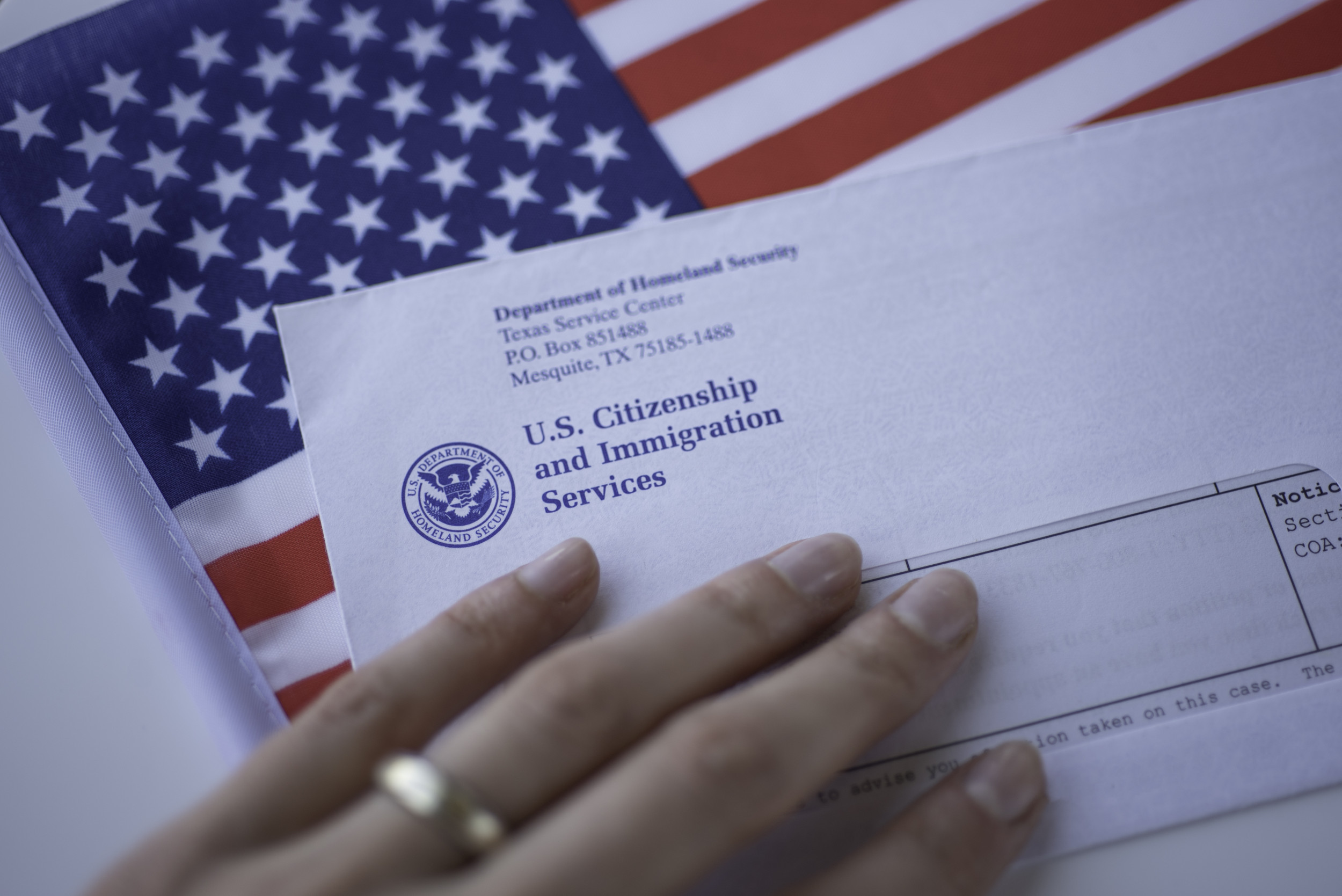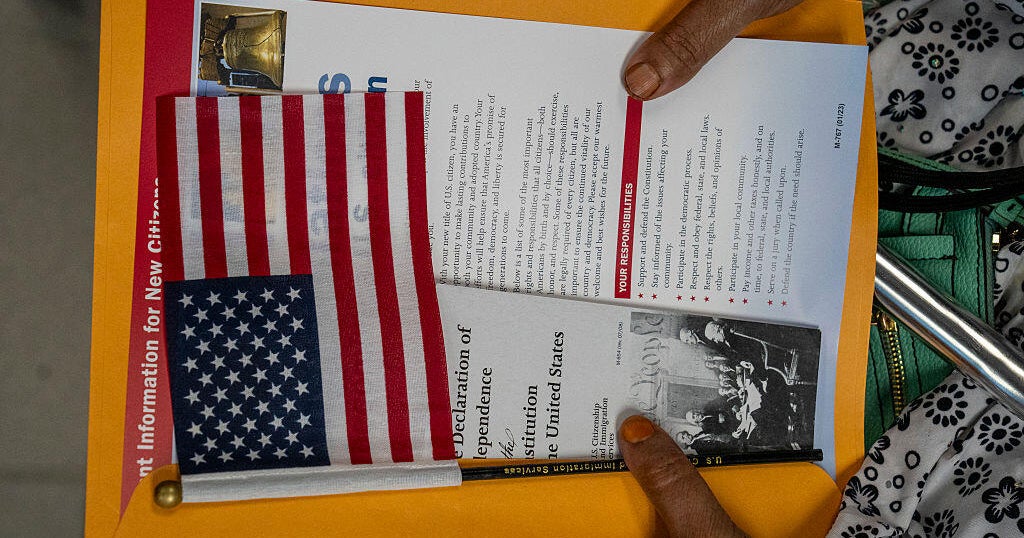Lawyers for an Oregon firefighter who was taken into custody by U.S. Border Patrol agents while fighting a Washington state wildfire filed a petition in federal court Friday asking a judge to order his release from an immigration detention facility.
The Oregon man, Rigoberto Hernandez Hernandez, and one other firefighter were part of a 44-person crew fighting a blaze in the Olympic National Forest on Aug. 27 when the agents took them into custody during a multiagency criminal investigation into the two contractors for whom the men were employed.
Lawyers with the Innovation Law Lab said during a press conference that his arrest was illegal and violated U.S. Department of Homeland Security polices that say immigration enforcement must not be conducted at locations where emergency responses are happening.
The Bear Gulch Fire, one of the largest in the state, had burned 29 square miles (75 square kilometers) by Friday and was 9% contained.
The Border Patrol said at the time that the two workers were in the U.S. illegally so they were detained. Federal authorities did not provide information about the investigation into the contractors.
Lawyer Rodrigo Fernandez-Ortega said they filed a petition for habeas corpus and a motion for a temporary restraining order that seeks the man’s release from the Northwest ICE detention center in Tacoma, Washington.
Homeland Security Assistant Secretary for Public Affairs Tricia McLaughlin said in an email to The Associated Press that the two men were not firefighters — they were working in a support role cutting logs into firewood.
“The firefighting response remained uninterrupted the entire time,” she said. “U.S. Border Patrol’s actions did not prevent or interfere with any personnel actively engaged in firefighting efforts.” A spokesperson for the Border Patrol declined to comment, saying they don’t comment on active or pending litigation.
Six Democratic Oregon Congressional leaders sent a press release late Friday calling on the release of the firefighter. “It’s outrageous for the Trump Administration to trample on the due process rights of emergency responders who put their lives on the line to protect Oregonians’ safety,” said Sen. Ron Wyden. Sen. Jeff Merkley and four representatives said the arrests put communities in danger and stoke fear.
After Hernandez was taken into custody in August, his lawyers were unable to locate him for 48 hours, which caused distress for his family, Fernandez-Ortega said. He has been in the Tacoma facility ever since, they said.
Hernandez, 23, was the son of migrant farmworkers, his lawyer said. He was raised in Oregon, Washington and California as they traveled for work. He moved to Oregon three years ago and began working as a wildland firefighter.
This was his third season working as a wildland firefighter, “doing the grueling and dangerous job of cutting down trees and clearing vegetation to manage the spread of wildfires and to protect homes, communities, and resources,” his lawyer said.
Hernandez had received a U-Visa certification from the U.S. Attorney’s Office in Oregon in 2017 and submitted his U-Visa application with the U.S. Citizenship and Immigration Services the following year. The U-Visa program was established by Congress to protect victims of serious crimes who assist federal investigators.
He has been waiting since 2018 for the immigration agency to decide on his application and should be free during the process, his lawyers said.
https://apnews.com/article/firefighters-immigration-ice-7916a6ea4682440e181747e77e0a4525








